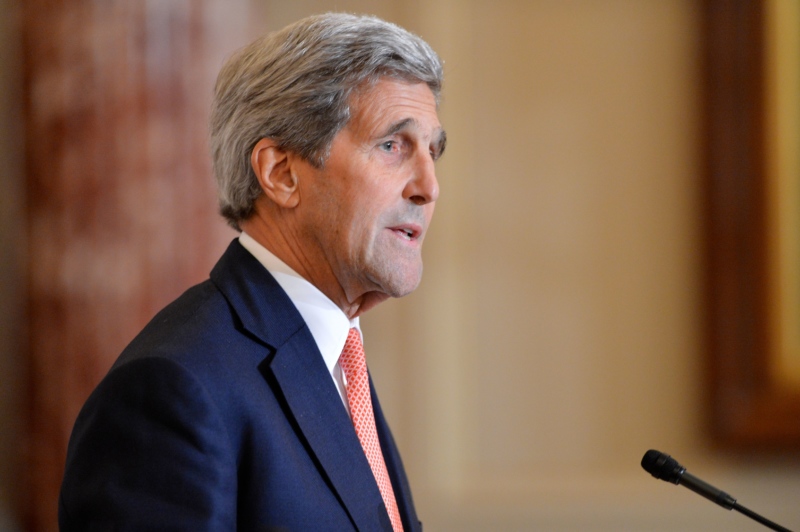US-LAC Relations After December 17
 US State Department
US State Department
In Washington, DC, the joint announcement on December 17, 2014 that the United States and Cuba would move to end a half century of diplomatic separation and estrangement surprised almost everyone outside the White House and Foggy Bottom. Even though calls to end the embargo have echoed in many political quarters in the United States—and certainly across the hemisphere—for decades, both supporters and detractors were caught off guard by the swift and bold move, surely one of the most audacious decisions of Barack Obama’s presidency. Restoring diplomatic and economic ties is not just a symbolic goal; a Cuba thaw could also bring about a broad new era for US trade, diplomacy, and strategic interests across the hemisphere.
To be sure, a measure of caution is in order regarding both US-Cuban relations and Washington’s broader ties with Latin America. Forecasting US-Cuban dynamics is always risky. Pending negotiations on a wide variety of issues can take many unexpected twists and turns, and political hardliners in both Havana and Washington may make every effort to stall and derail the process. Moreover, scholars have amply documented previous attempts to restart relations over the past decades that eventually proved fruitless. And even in the most optimistic scenarios, historic resentments and suspicions between the United States and many in the region will not disappear overnight, as is evident in the ongoing diplomatic turmoil over recent US sanctions towards Venezuela.
Yet should the coming talks succeed they still have the potential to reshape US engagement with Latin America and the Caribbean in both the short and long term. By sweeping aside the most potent source of anti-US sentiment in the region, the reversal on Cuba policy could well be the most single important US initiative toward Latin America since Presidents Jimmy Carter and Omar Torrijos signed the Panama Canal Treaties in 1977, granting Panama sovereignty over the waterway. With a single stroke, Obama secured his legacy in Latin America.



















